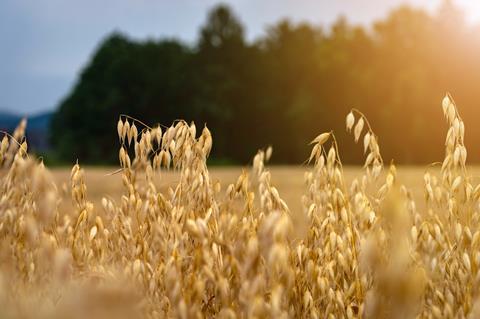
Six Aberdeenshire farmers are part of a project to develop a supply chain that can guarantee provenance, assurance and traceability of gluten-free oats.
Although oats are naturally gluten free there is a risk storage and milling facilities may be contaminated with gluten from other cereal grains.
Distributed ledger technology (DLT), more commonly known as blockchain, is being used in the project, which is being helped by a group funded by the Rural Innovation Support Service (RISS).
“Blockchain is a relatively new technology in the agrifood sector, and although a few global food manufacturers have investigated its use, there have been few projects linking it back to farms,” said group facilitator Paul Mayfield of SAC Consulting, part of Scotland’s Rural College.
“What’s central to blockchain is that the information within the audit trail gives full traceability and assurance, which ensures complete trust in the supply chain, as well as earning farmers associated crop premiums,” explained Mayfield.
“It also guarantees that the confidentiality of individual farmers’ data and that all records are tamperproof.”
A team from an Edinburgh-based technology firm mapped the oat growing and post-harvest storage process.
“Their team used existing data and farm documentation, including field records, storage documentation and photographs taken from the farms to create what’s known as the ledger,” said Mayfield.
On the back of the RISS group findings, two farmers have invested in an oat processing mill in Savock that will process the farmers’ combined annual production. The first pallet of product was despatched last week for sampling.
Developers are now working on the automation of data collection and the user interface.
All farmers records, from shed-cleaning to crop-spraying and harvesting are digitised and can be interrogated by anyone with access to the system.
“It has made recording simpler and provide a means of providing enhanced levels of assurance with respect to food safety and provenance,” Andrew Booth, one of the farmers to have invested in the new mill.

























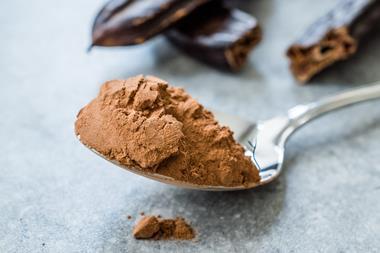
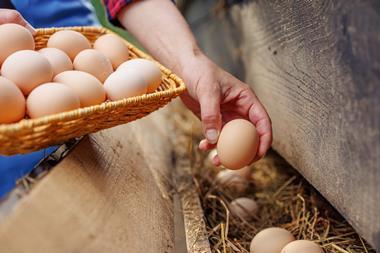

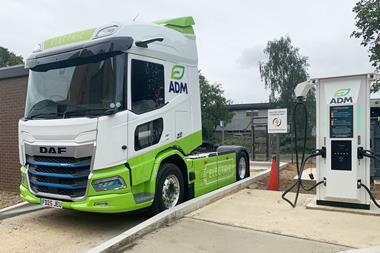
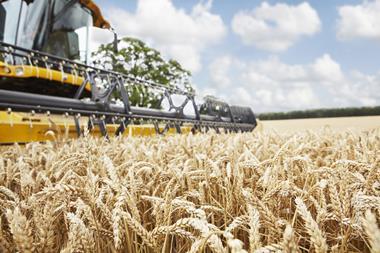
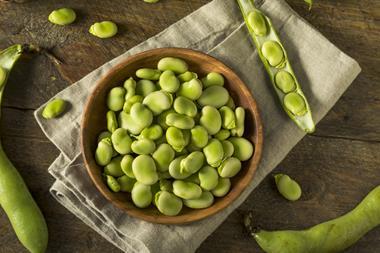

No comments yet